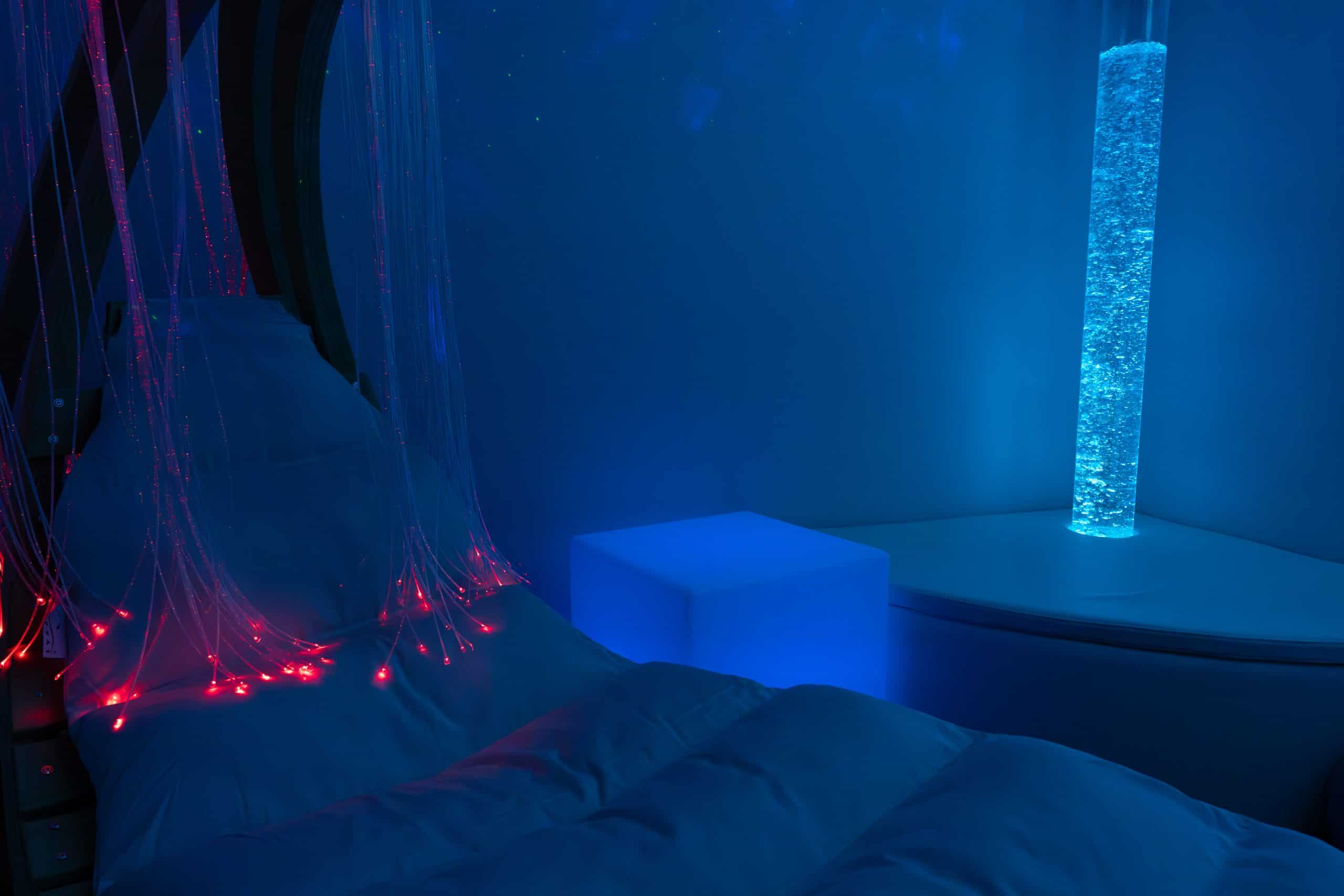Sometimes the world can feel truly overwhelming, whether it's from work stress, financial situations, relationships, family drama, or even just someone getting your order wrong at lunch. These things can pile up and make it hard to sort through all the emotions and hardships on our plate. The same thing can happen to those who are dealing with addiction. The main coping skill, however, tends to be substance use.
Work getting you down? Have a drink. Did you get into a fight with your spouse? Leave the house for a bit and do a line of cocaine. It’s been working for you so far until suddenly it doesn’t.
At Pinnacle Peak Recovery, when people step through our doors intending to step away from their current substance use, they often think the main “step” is to learn how to stop. Recovery, however, is more complex than most people realize.
When someone is managing addiction, every facet of their being is affected in one way or another. A true addiction program addresses the whole person, not just their substance use. This means relearning coping skills, addressing emotional regulation, learning good communication with yourself and others, and more.
Treating the Whole Person - How We Treat Addiction and Mental Health at Pinnacle Peak
One thing we strongly believe in is teaching clients how to manage their mental health and well-being. Mental health conditions often go hand-in-hand with substance use. When clients specifically have a mental illness and a substance use disorder, this is usually referred to as a dual diagnosis or a co-occurring disorder.
Our team of trained, medical professionals are well equipped to provide you with a treatment plan that will fit your specific needs. We have a variety of treatment options here from things like expressive arts therapy, family therapy, yoga, meditation, nutrition programs, and more. The goal of having so many evidence-based tools available to clients is to help each individual find the combination of treatment options that works for them.
Not only does having options for mental health healing work well for our dual-diagnosis clients, but learning different coping skills instead of substance use helps address addiction as well. Oftentimes, things like self-care, whether physical or mental, can become overlooked or neglected when managing a substance use disorder. Our goal is to always set clients up for success, so giving them the space to relearn these skills during recovery is important, too.
One of our specific offerings here at Pinnacle Peak is our sensory room. This can be utilized not only for addressing mental health but also for relearning self-care and emotional control. Let’s talk more about what exactly our sensory room offers and how it benefits our addiction treatment program.

What Is a Sensory Room?
A sensory room is a curated and specifically built and designed environment that provides graded sensory input to promote calm and relaxation. This space can also be used to practice the art of self-regulation as the client begins to understand their individual brain better and what input can help to alert or calm the brain and body.
The main goal of the space is to provide an environment where clients can step away from other stimulants. It’s generally a quiet place or has gentle background noise depending on the specific needs of the clients. There might also be various comfortable furniture to sit on and calming games or activities around so clients can find something that suits their needs at that moment.
How Can a Sensory Room Help With Addiction Treatment?
Our team here at Pinnacle Peak believes in offering a myriad of treatment options that are all backed by evidence to give our clients the toolbox they need for success. Having a sensory room on-site is another helpful tool we can offer to help bolster our clients during their time with us.
Sensory Rooms, Mental Health, and Long-Term Recovery
One of the best ways we can set clients up for long-term success in their recovery journey is by addressing them as a whole person instead of as individual concerns. As we touched on before, addiction doesn’t just impact one part of a person’s life. Why should treatment only address one part, then?
Mental health is an important aspect of recovery. Over 1 million Arizona residents have a mental health condition. Learning or relearning how to identify what you’re feeling, how to manage it, how to address triggers, and much more can give clients the tools they need to address future obstacles they might encounter. While we offer ongoing support through outpatient therapy and more, our goal is to help clients learn what to do when they encounter tricky scenarios.
Sensory rooms also provide a great environment for our licensed, professional team to lead sessions about mental wellness, self-awareness, and more.
What Are the Benefits of Sensory Rooms?
Having the proper space designated for relaxing and focusing on your mental health and emotions can be a very powerful tool for anyone learning to better care for themself and their mental health.
Substance use recovery often comes with a myriad of triggers, cravings, and other sensations that can be a challenge to properly address in more stimulating environments. Sensory rooms won’t have sudden loud noises, interruptions, or anything of the like. They’re helpful with learning how to manage emotions and organize your thoughts and reactions.
Additionally, sensory rooms have shown tremendous results with first responders, high levels of trauma, and anger management. In high-stress, high-emotion situations, having a set outlet and safe zone where clients won’t feel pressured to react immediately can help defuse or properly release these emotions so they can then be addressed as needed. With over 58,000 Arizona residents having reported experiencing trauma in 2020 alone, we know having available services like this can often help our clients.

What Goes Into a Sensory Room?
The beauty of a sensory room is that it can be tweaked to different facilities' needs. For example, they’re fairly common in elementary schools. They work as a great space to assist kids who’re managing high levels of anger, or who might have sensory concerns and need a space to not feel overwhelmed.
Sensory rooms generally include many calming objects and themes. This can mean gentle lighting, white noise, comfortable surfaces, and calming activities. Puzzles might be spread out, magazines might be available to read, and there might be meditation mats available, too.
Some places like to add projections onto the walls to give people something else to look at and focus on. Paintings, textured carpets, and other interactive objects might be included, too. These sensory-based objects can give clients something else to do or focus on while working on finding an open state of calm and relaxation.
Experience A New Setting Made For Relaxation and Self-Regulation.
Contact Us To Learn How Our Sensory Room Can Help You!
Seeking Recovery for Addiction and Mental Health in Arizona
If you’re looking for substance use disorder recovery, or help addressing a dual diagnosis, our team here at Pinnacle Peak is ready to help. With our sensory room and many evidence-based practices and programs available, we will work with you to make a plan that suits your unique needs.
Our team of medical experts is well-equipped to work alongside you during your recovery journey. We are committed to helping clients stay connected to care so they can be set up for long-term success.
If you have any questions about our sensory room, treatment programs, evidence-based practices, or anything else, our Pinnacle Peak team is here for you. You can give us a call anytime at 866-377-4761 and we'll be ready to answer.
